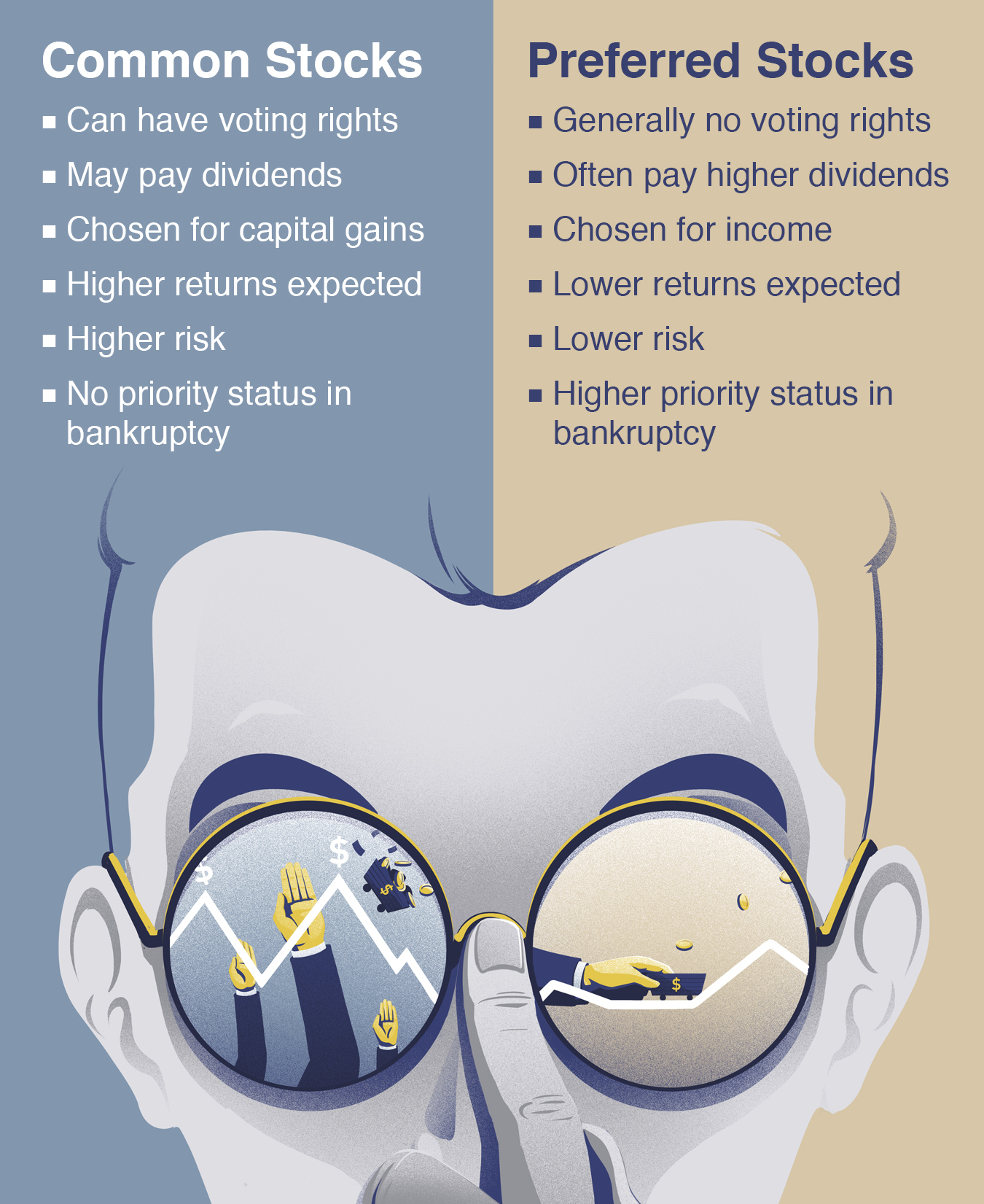Benefits of Stocks – Outranking the Competition
Welcome to our comprehensive guide on the benefits of stocks. As a leading source of information, we aim to provide you with detailed insights into the advantages of investing in stocks. By understanding the potential benefits, you can make informed decisions and achieve your financial goals. Let’s dive right in!
Wealth Accumulation
Investing in stocks offers an excellent opportunity for wealth accumulation. Over the long term, stocks have historically outperformed other investment options, such as bonds or savings accounts. By purchasing shares of successful companies, you become a partial owner, allowing you to benefit from their growth and profitability.
Potential for High Returns
One of the primary attractions of stocks is their potential for high returns. While past performance is not indicative of future results, stocks have shown the ability to generate substantial profits over time. By carefully selecting quality stocks and staying invested for the long haul, you increase your chances of earning significant returns on your investment.
Diversification
Stocks provide an excellent avenue for diversifying your investment portfolio. When you invest in stocks, you gain exposure to a wide range of companies across various industries. This diversification helps mitigate risks associated with investing in a single company or industry. By spreading your investments, you can potentially reduce the impact of any individual stock’s poor performance on your overall portfolio.
Dividend Income
Many stocks offer the benefit of regular dividend payments. Dividends are a portion of a company’s profits distributed to shareholders. By investing in dividend-paying stocks, you not only have the opportunity for capital appreciation but also receive a steady income stream. Dividends can be reinvested to purchase additional shares, further compounding your wealth over time.
Hedging against Inflation
Stocks have historically served as an effective hedge against inflation. As the prices of goods and services rise over time, the value of stocks also tends to increase. By investing in stocks, you can potentially preserve and grow your purchasing power, ensuring your wealth keeps pace with inflation.
Liquidity
Stocks offer high liquidity, meaning you can easily buy or sell shares on the stock market. This liquidity provides flexibility and allows you to access your funds quickly when needed. Unlike certain investments with lock-in periods, stocks offer the advantage of immediate liquidity, making them a popular choice for investors.
Ownership and Voting Rights
When you invest in stocks, you become a partial owner of the company. This ownership grants you certain rights, including voting rights. As a shareholder, you have the opportunity to vote on important company matters, such as the election of board members or proposed mergers. Owning stocks allows you to have a say in the companies you believe in and support.
Access to Professional Management
Investing in stocks provides access to professional management. By investing in mutual funds or exchange-traded funds (ETFs), you can benefit from the expertise of fund managers who analyze and select stocks on your behalf. This can be particularly advantageous if you lack the time or knowledge to research individual stocks.

In conclusion, investing in stocks offers numerous benefits, including wealth accumulation, the potential for high returns, diversification, dividend income, protection against inflation, liquidity, ownership rights, and access to professional management. By understanding these advantages and incorporating stocks into your investment strategy, you can work towards achieving your financial objectives. Remember, investing involves risks, and it’s essential to conduct thorough research and seek professional advice before making any investment decisions.
Frequently Asked Questions – Benefits of Stocks
1. What are the benefits of investing in stocks?
Investing in stocks offers the potential for long-term capital appreciation, dividend income, and the opportunity to participate in the growth of companies.
2. Are stocks a good investment for beginners?
Stocks can be a good investment for beginners, especially if they have a long-term investment horizon and are willing to research and diversify their portfolio.
3. How can stocks help in building wealth?
Stocks have historically outperformed other investment options over the long term, providing the potential to build wealth through capital gains and compounding returns.
4. Do stocks provide passive income?
Yes, stocks can provide passive income in the form of dividends. Many companies distribute a portion of their profits to shareholders as dividends.
5. What are the risks associated with investing in stocks?
Investing in stocks carries risks such as market volatility, company-specific risks, and the potential for loss of capital. It’s important to diversify and conduct thorough research.
6. Can stocks be used for retirement planning?
Yes, stocks can be a valuable component of retirement planning as they offer the potential for growth and income over the long term, helping to build a retirement nest egg.
7. Are stocks a better investment than bonds?
Stocks and bonds serve different purposes in an investment portfolio. While stocks offer higher growth potential, bonds provide stability and income. A balanced approach is often recommended.
8. How can I start investing in stocks?
To start investing in stocks, you can open a brokerage account, research different stocks, and consider factors such as your risk tolerance, investment goals, and time horizon.
9. Are there any tax benefits associated with stocks?
Depending on the country and specific circumstances, there may be tax benefits associated with stocks, such as tax-deferred growth in retirement accounts or capital gains tax rates.
10. Can stocks help beat inflation?
Yes, stocks have historically outpaced inflation over the long term, making them a potential hedge against inflation and helping to preserve purchasing power.




